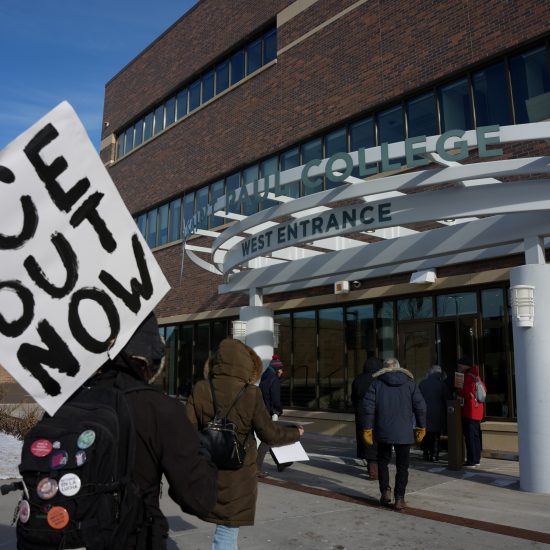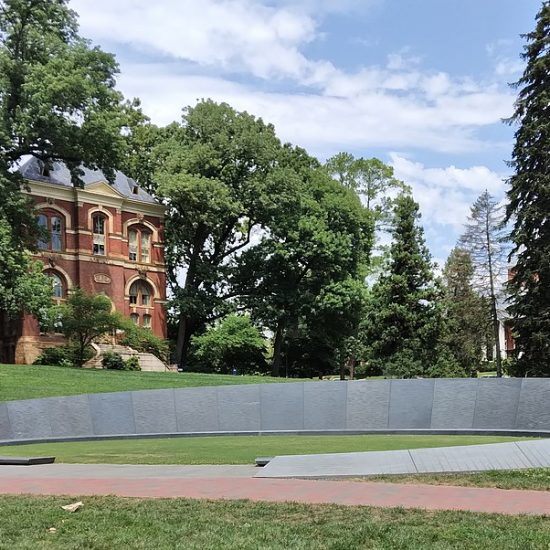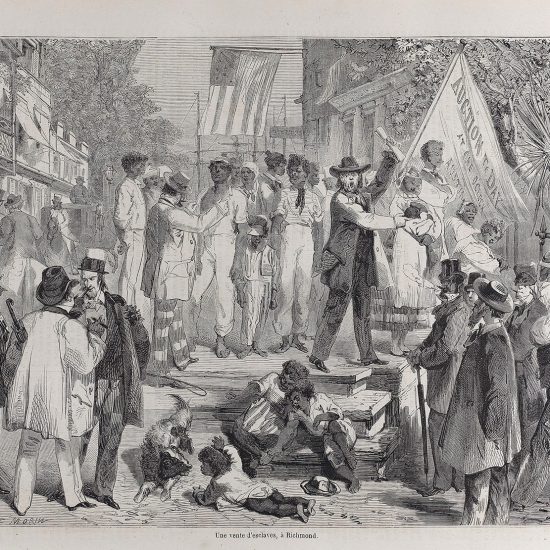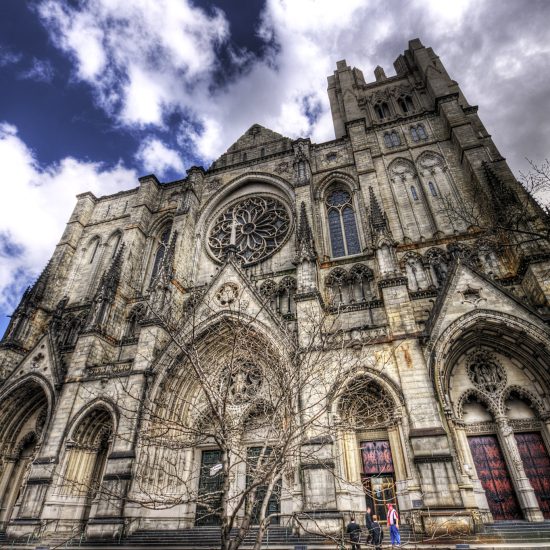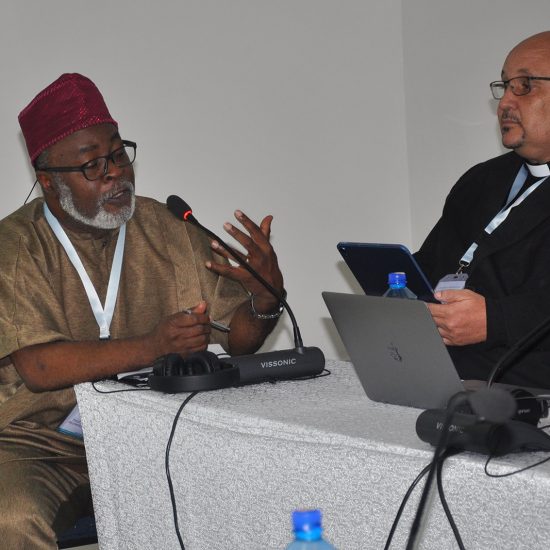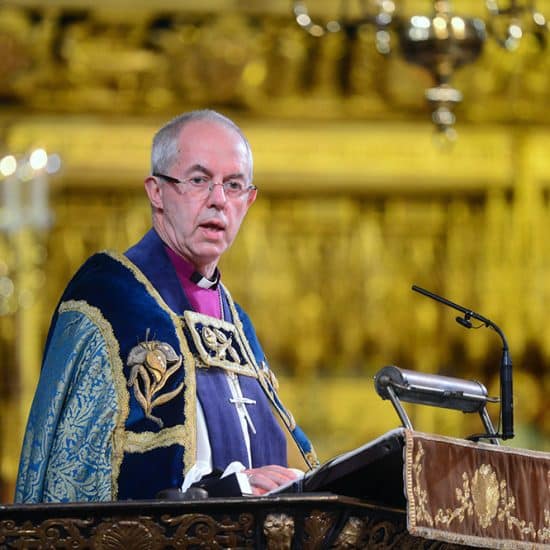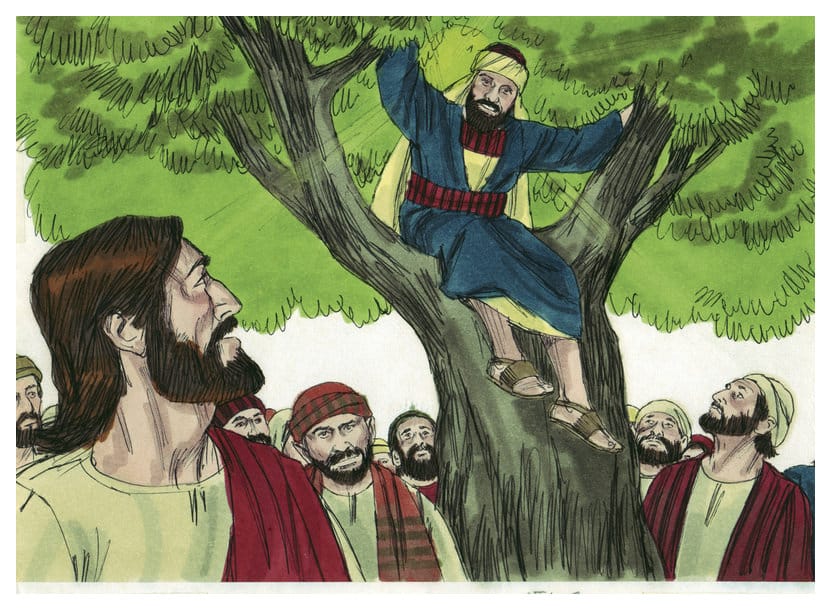
Biblical illustrations by Jim Padgett, courtesy of Sweet Publishing, Ft. Worth, TX, and Gospel Light, Ventura, CA. Copyright 1984. Released under new license, CC-BY-SA 3.0
The classic children’s song about Zacchaeus — a wee little man was he — strikes me as odd. The song ends just as the story really gets good. The point of the tale of Zacchaeus in Luke 19 is not that he was little, nor that he climbed a sycamore tree, nor that Jesus stopped and invited himself to Zacchaeus’s house. No, the point of the story comes in the verses after the song ends — when the tax collector repents and pays reparations.

Brian Kaylor
“Here and now I give half of my possessions to the poor, and if I have cheated anybody out of anything, I will pay back four times the amount,” Zacchaeus declared.
That’s a serious move that will likely leave Zacchaeus nearly financially bankrupt as he makes amends for his previous moral bankruptcy. And it is this moral example that we need more of today, like at Southern Baptist Theological Seminary in Louisville, Ky.
Last December, SBTS released a report documenting the school’s ties to slavery and racism. All four of the founders enslaved people, with more than 50 enslaved persons in total. A key donor who saved the school from financial collapse enriched himself from exploitation of black convict labor that has been called “slavery by another name.” And SBTS leaders defended the institution of slavery as God-ordained.
The 71-page report did a good job of detailing SBTS’s racist past (though it oddly stopped in the mid-1960s as if nothing else occurred). It offered an honest lament about the sins of the founders and other key leaders. And then, like the well-known song about Zacchaeus, it suddenly stopped with no recommendations to make amends. The SBTS report was a good first step. The problem is, SBTS President Al Mohler seemed to think it was the last step.
But if the story of Zacchaeus — the one in the Bible, not that in the incomplete ditty — teaches us anything, it’s that acknowledgement and lament are not enough. Even apology is not enough. It is only after Zacchaeus announced his reparations plan that Jesus declared, “Today salvation has come to this house.”
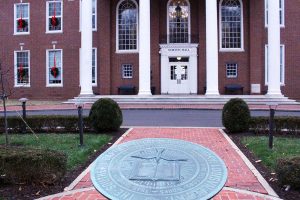
Norton Hall at Southern Baptist Theological Seminary
And that should not surprise us. The idea of reparations like Zacchaeus’s fourfold measure can be found in various biblical passages. Like in Exodus 22:1, where someone stealing and slaughtering an ox or sheep “must pay back five head of cattle for the ox and four sheep for the sheep.” Or in Leviticus 6:1-7 where someone who cheats their neighbor “must return what they have stolen or taken by extortion” and “must make restitution in full, add a fifth of the value to it, and give it all to the owner on the day they present their guilt offering.” Or in 2 Samuel 12:6, when David offered his judgment on Nathan’s story about a man stealing another man’s lamb: “He must pay for that lamb four times over, because he did such a thing and had no pity.” Or in Proverbs 6:31 when a thief “must pay sevenfold, though it costs him all the wealth of his house.”
As James taught us, faith without works is dead. And as Zacchaeus and the other biblical passages model for us, repentance without reparations is dead.
Thus, EmpowerWest, a group of pastors in Louisville, recently issued a call for biblical reparations, urging SBTS “to make an act of repentance and repair to descendants of American slavery for its leading role in crafting a moral and biblical defense of slavery; for its support of the Confederacy; for perpetuating the Lost Cause mentality; and for defending Jim Crow policies.”
“We call the Seminary to transfer a meaningful portion of its financial wealth to a black-led educational institution which is outside the Seminary’s sphere of influence,” the EmpowerWest statement says.
The statement suggests SBTS set a moral example by being the first educational institution to take such an action. And EmpowerWest specifically suggested SBTS “transfer a portion of its wealth” to Simmons College of Kentucky, a historically black Baptist college in Louisville. Simmons was founded in 1879 when blacks could not attend SBTS, which was led at the time by a former slave-owner who had served as a Confederate chaplain. The first two presidents of Simmons — Elijah Mars and William Simmons — were Baptist ministers who had been born in slavery.
The school, which is affiliated with the National Baptist Convention of America, hosted the first two of three “Angela Project” gatherings, a cooperative effort of NBCA, Cooperative Baptist Fellowship, and Progressive National Baptist Convention to observe the 400th anniversary this year of the arrival of the first enslaved Africans in what is now the United States. The third Angela Project gathering will occur on June 19 at 16th Street Baptist Church in Birmingham, Ala. The Baptist Seminary of Kentucky, a CBF school that offers classes on the campus of Simmons, announced in May the creation of the Kevin and Barnetta Cosby Seminary Scholarship for American Descendants of Slavery to annual provide 10 students with a full tuition scholarship for a BSK graduate program.
The call by EmpowerWest for reparations was swiftly shot down by SBTS leaders. Mohler and SBTS Board Chair Matthew Schmucker wrote, “we do not believe that financial reparations are the appropriate response.” As a result, EmpowerWest launched a public petition to invite more people to sign onto the call for SBTS to offer reparations.
The quick refusal by SBTS leaders suggests they prefer to sing the song about Zacchaeus without heading to the biblical text about him. And they ignore the larger biblical teachings about financial reparations. Last year’s report documenting how SBTS would not exist without wealth stolen by exploiting and enslaving people was a positive first step. But it’s now time to leave the tree, head to the house with Jesus, and offer a biblical repentance that includes significant biblical reparations. Perhaps, then, salvation can come to this school.

